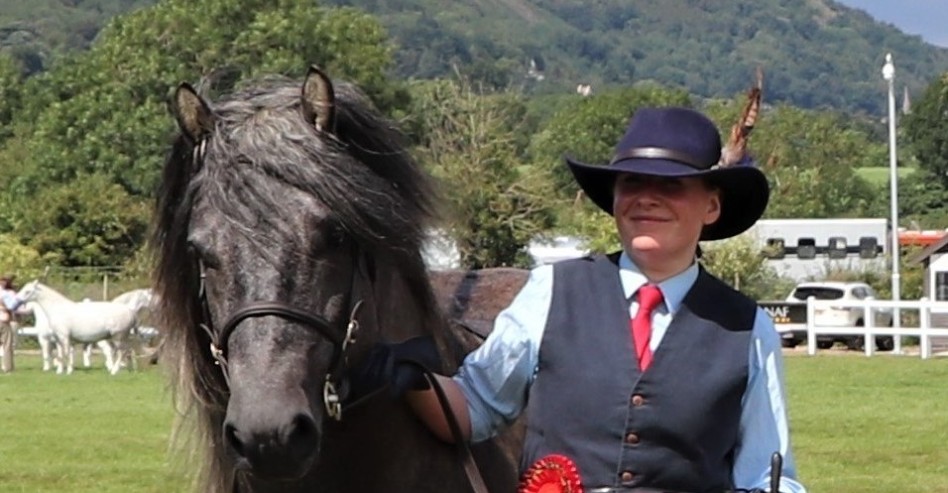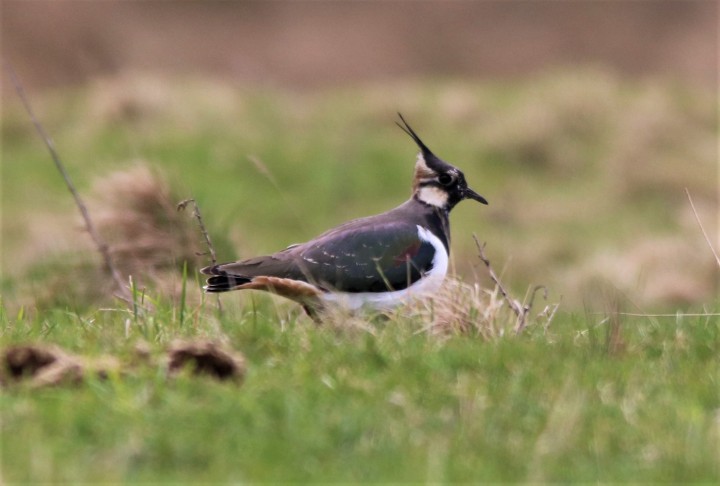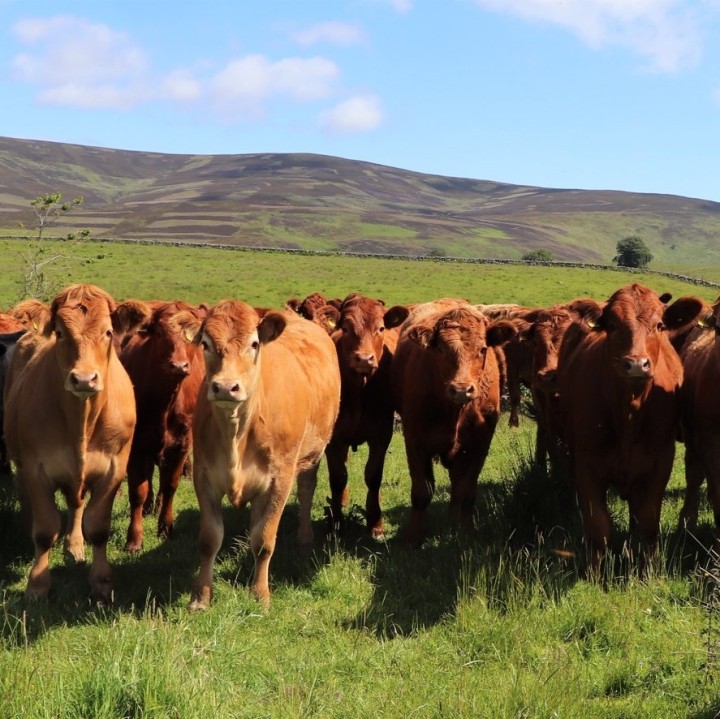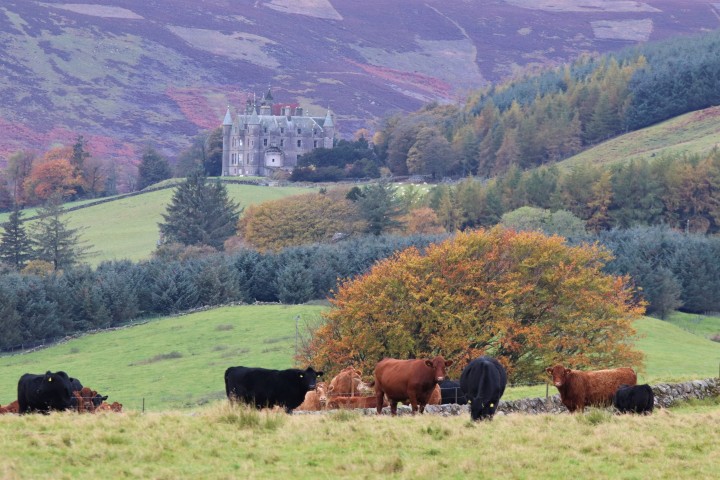Alywin is an environmental lawyer and partner in family-run Kinclune Estate and Organic Farm in Angus. We caught up with Aylwin to hear more about her family farm and her thoughts on all things nature-friendly farming.
Tell us about Kinclune Organic Farm.
My family farm, near Kirriemuir, is an 1100-acre mixed upland farm, but our core business is a 105-strong, organic beef suckler herd, 100 lleyn cross ewes and a small, but successful Highland pony stud. We’ve been organic for 15 years. My sister, Virginia Osborne-Antolovi, and father and mother, Rowan and Marguerite Osborne, live and work full-time on the farm, while I am part-time on the farm and part-time working-from-home on admin and farm planning. My brother, James Osborne, an investment banker with Julius Baer, is also fully involved in the farming partnership from his home in Edinburgh. My parents worked their way up from tenant farming a smallholding in the Highlands to buying a small farm in Midlothian before buying Kinclune in 2002. We, the next generation, are very fortunate to stand on their shoulders.
What nature-friendly methods do you employ on the farm?
My parents have always farmed sensitively and the decision to farm organically was a natural fit for Kinclune. We have benefited from AECS in carrying out extensive hedge planting, native tree planting, wetland and water margin management and we have enjoyed the results. We are lucky to sit between the Loch of Kinnordy RSPB nature reserve and the Lintrathen reservoir, an internationally protected wetland. In this amazing landscape, farming organically and extensively with minimal inputs and minimal interference, we have seen our biodiversity flourish. In 2020, with a bumper crop of lapwing chicks on Kinclune, I decided I wanted to find out more about our wildlife and our surroundings, so I started reaching out to environmental organisations. My sister, Virginia, and I have been on an amazing journey ever since, which has involved RSPB bird surveys, funding from Working for Waders to improve our wetland habitat for waders, learning about regenerative farming techniques, engaging with our incredible local community group, Sustainable Kirriemuir, and revisiting our farm woodland strategy to protect our native woodlands and plant more of the ‘right trees in the right place’.





